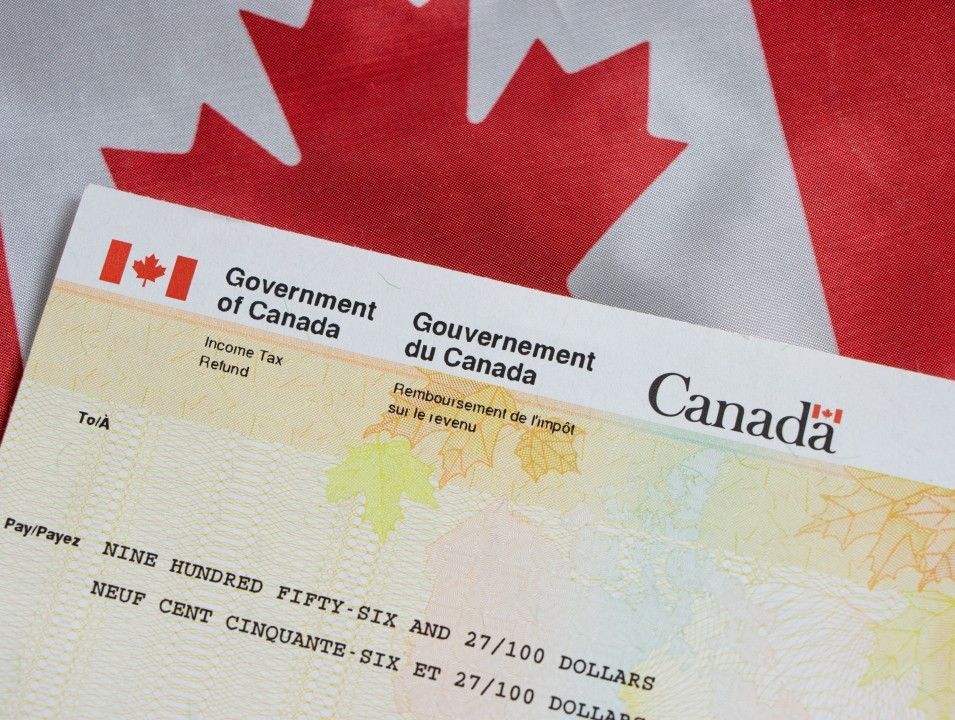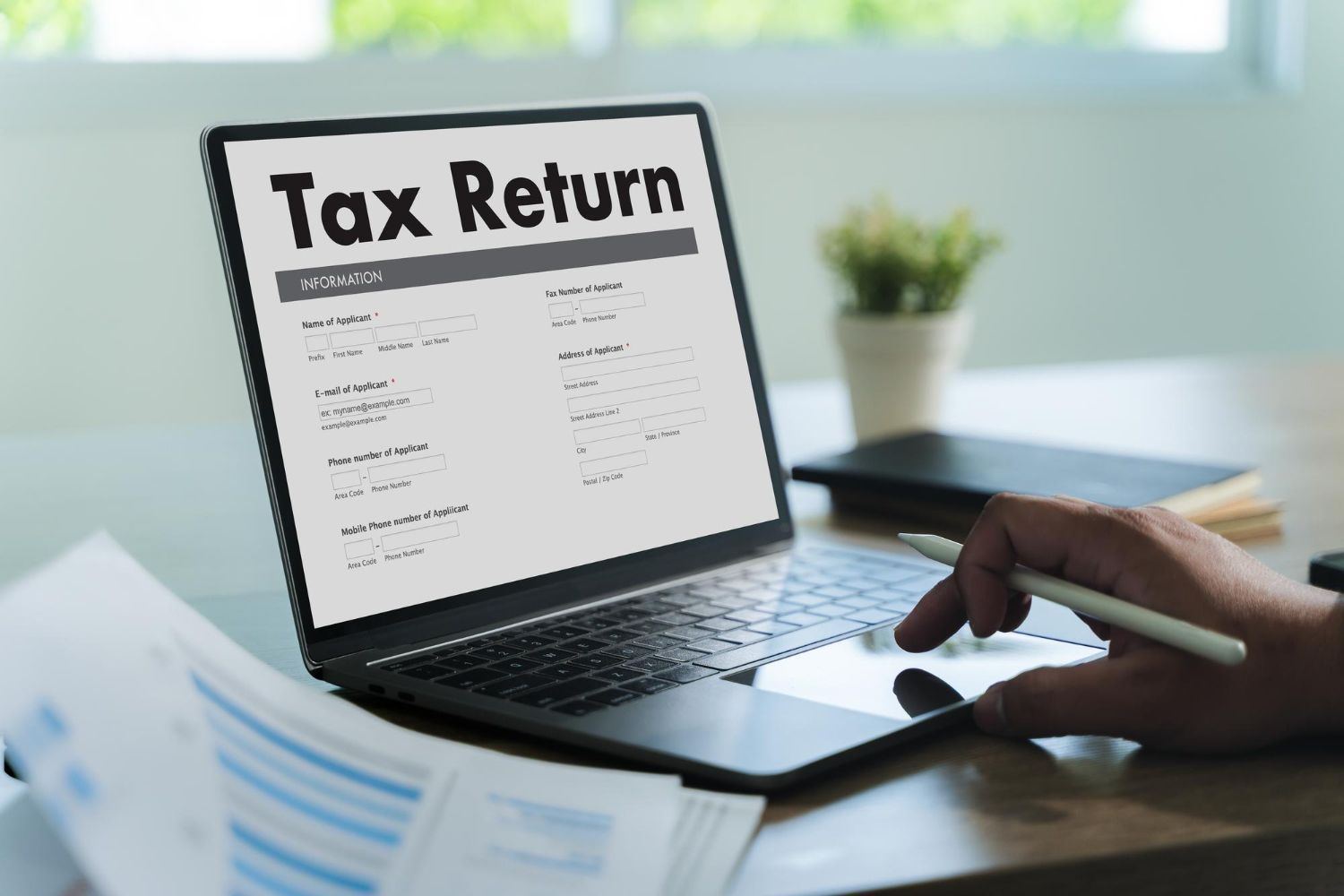Tax Consequences When Leaving Canada Permanently
If you’re considering a move abroad, leaving Canada permanently, it’s important to keep in mind that the process can be complex and require extensive planning, especially when it comes to the tax implications. Whether you’re relocating for work, returning to your home country, or seeking a change of scenery, various factors will impact your taxation, ranging from your assets and property to personal connections.
With an estimated three million Canadians living abroad, and many others contemplating such a move, it’s crucial to understand the rules and regulations involved. While the following key considerations are by no means exhaustive, they are a good place to start. To ensure that you make informed decisions and avoid unexpected surprises, it’s highly recommended to seek professional advice in advance.
Factors to Consider When Leaving Canada Permanently: Determining Your Residency Status
Moving abroad can be a complicated process, and it’s important to plan for the tax consequences in advance, especially if you expect the move to be permanent. One of the key considerations is determining your residency status in Canada. The government will check whether you have retained significant ties to Canada, such as owning a house or having a spouse, common-law partner, or dependents still residing in the country. Secondary ties, like owning personal property, bank accounts, or a valid driver’s license, leaving Canada permanently will also be considered.
If the government determines that you are no longer a resident, you will be considered an emigrant and subject to certain restrictions. This includes no longer being able to make regular contributions to a tax-free savings account (TFSA). However, you can still contribute to a registered retirement savings plan ( RRSP ) if you have unused contributions. Careful consideration of the date on which you give up your Canadian residency is crucial to ensure that you make the most of your financial options.
Navigating International Taxes as a Non-Resident Canadian
One of the most important aspects to consider when moving abroad is the possibility of being taxed twice. Every country has its own tax rules, and many have agreements with Canada to avoid double taxation. It is crucial to understand these agreements and how they will affect your tax situation.
For example, if you withdraw money from an RRSP as a non-resident, you may be subject to a tax rate of 25% in Canada. However, depending on tax agreements, this rate could be lowered to 15% based on how the amounts are withdrawn. Whether or not you will be subject to double taxation depends on whether the new country of residence will tax the RRSP. If the rate is 25% but no tax is paid in the new country, there is no double tax for leaving Canada permanently. It is also possible to claim a foreign tax credit in the other country based on the Canadian tax, depending on the tax rules of that country.
Understanding Departure Taxes for Leaving Canada Permanently
As a Canadian resident planning to move abroad, it’s important to be aware of departure taxes. When you leave Canada, the Canada Revenue Agency (CRA) considers you to have sold certain types of property at fair market value and immediately reacquired it at the same price, which is known as a deemed disposition. This can result in a taxable capital gain that is subject to tax.
However, not all types of property are subject to departure tax. Furniture, vehicles, and registered plans such as RRSPs or TFSAs are excluded from tax, as are CPP and QPP benefit entitlements. Additionally, foreign assets, such as property generating taxable capital gains, may not be taxed if the individual was a resident for 60 months or less during the 10 years before leaving Canada permanently and emigration and held the property when residency was established.
If you own a home, there is no immediate need to sell it as the deemed disposition does not apply to real property. However, leaving a vacant home can be an issue for residency determination, leaving Canada permanently so it’s common for people to sell or rent their home. If the property is rented, there may be a deemed disposition due to a change in use and other tax issues may arise. It’s recommended to seek professional advice in these cases.
If the house is sold once the owner has become a non-resident, the vendor must notify the CRA about the disposition or proposed disposition by completing Form T2062 and send the payment or acceptable security to cover the resulting tax payable. Additionally, any balance owed under the Home Buyers’ Plan must be repaid before leaving Canada permanently, or it will be included in taxable income.
It’s also important to inform any financial institutions where you have accounts generating passive income, such as interest or dividends, of your change in status and provide a foreign address. By understanding the rules surrounding departure taxes, you can better plan for your move abroad and avoid any unexpected tax consequences.

Navigating Tax Implications When Leaving Canada Permanently: Final Tax Return and Tax Deferral
When you decide to leave Canada, filing a final tax return is crucial as it confirms your departure date, and the Canada Revenue Agency ( CRA ) considers it the last opportunity to tax the income and property of a Canadian resident, including foreign assets. In addition, residents can defer the departure tax on income related to the deemed disposition of property when filing their tax return. This can include some or all assets, with no pre-set time limit, even if the return date to Canada is undecided for leaving Canada permanently.
However, if the amount of federal tax owed on the deemed disposition of property’s income is over a specific amount, adequate security must be provided to the CRA to cover the tax amount. Seeking expert help from a CPA before filing a final tax return can help plan better and avoid mistakes, which can prove costly in the long run.
Learn More from a Professional Accountant
While this article provides a general overview of tax rules for leaving Canada permanently, it’s important to seek specific tax advice tailored to your unique situation. Hiring a Professional Accountant can help ensure you have the best guidance and expertise working for you.
The post Tax Consequences When Leaving Canada Permanently appeared first on DBM Accounting | David B. McKeand Professional Corporation.











